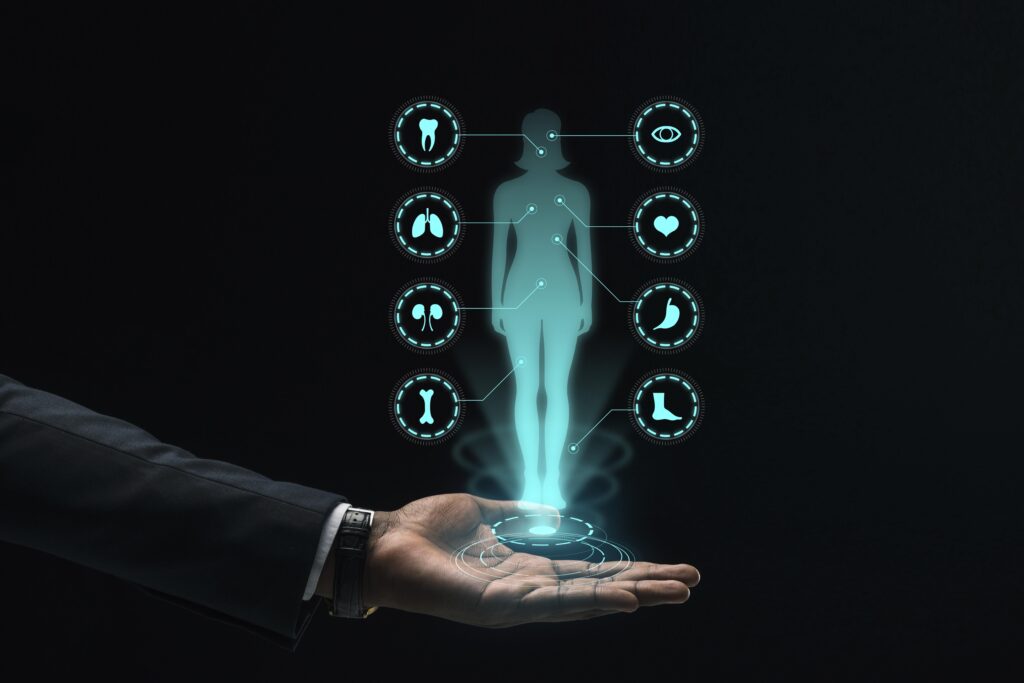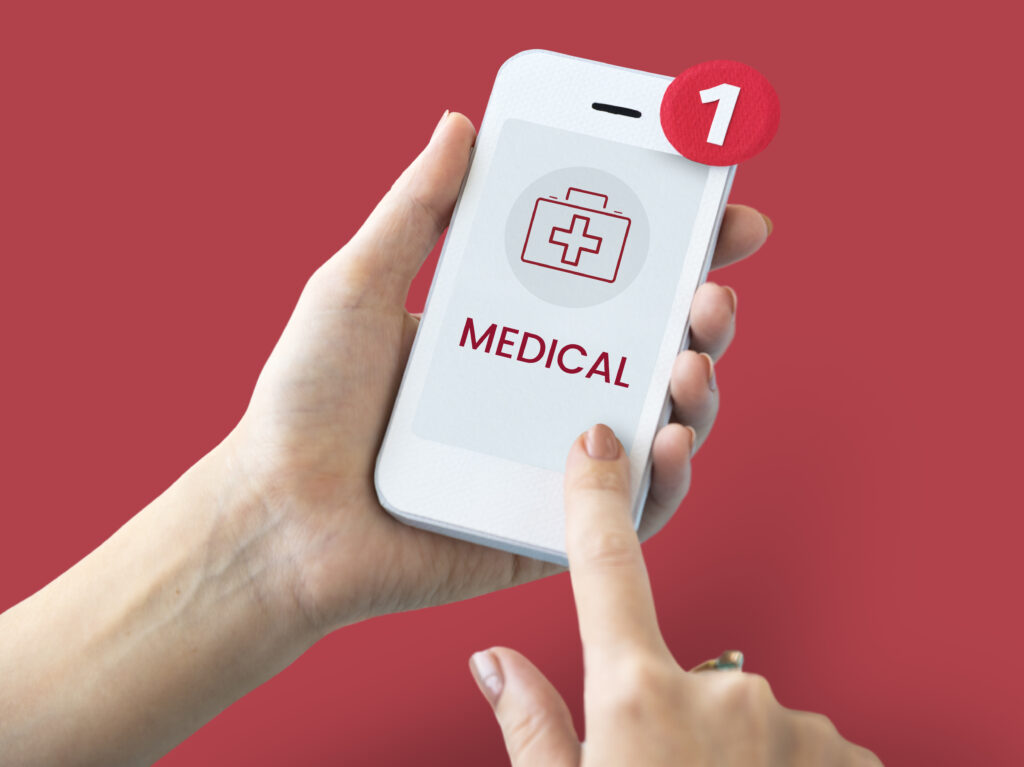As we approach 2024, healthcare is experiencing a technology revolution that will transform the future of medicine. From AI-powered diagnostics to individualized therapies, technology is allowing for more precise, efficient, and accessible healthcare. Here are the top 5 healthcare tech trends for 2024 that will shape the future and beyond.
1. AI-Based Diagnostics and Decision Support
Artificial intelligence (AI) has already begun to make an impact in healthcare, but by 2024, AI-powered diagnostics will play a larger role in early disease diagnosis and clinical decision making. Artificial intelligence systems can assess medical data such as X-rays, MRIs, and patient histories faster and more accurately than humans. This enables clinicians to spot cancer, heart disease, and neurological diseases earlier, resulting in better patient outcomes.
AI decision support systems will also assist healthcare providers in making more educated treatment decisions by evaluating large quantities of patient data and recommending individualized care regimens. These technologies can predict probable issues, evaluate patient reactions, and provide alternate therapies, resulting in a more customized strategy for each patient.
2. Telemedicine & Remote Patient Monitoring
The COVID-19 pandemic spurred the introduction of telemedicine, which has now become a staple of modern healthcare. Telemedicine will evolve into more complex, integrated technologies capable of providing seamless remote care by 2024. Wearable gadgets and Internet of Things (IoT) technology enable clinicians to continuously monitor patients’ vital signs, follow chronic illnesses, and deliver real-time health updates without the need for in-person visits.
Remote patient monitoring (RPM) will be especially beneficial to patients with chronic conditions such as diabetes, hypertension, and heart disease. RPM reduces hospitalizations and improves long-term care by allowing for continuous monitoring and early action. Telehealth platforms will also work with AI to evaluate patient data and send automated notifications to healthcare practitioners if aberrant readings are found.
3. Personalized medicine: Powered by genomics
Advances in genomes and biotechnology are increasing the prevalence of personalized medicine. In 2024, healthcare will place an even greater emphasis on developing individualized treatment regimens based on a patient’s genetic makeup, lifestyle, and surroundings. Genomic sequencing, which was historically expensive, is now more affordable and accessible, allowing doctors to utilize patients’ DNA to forecast disease susceptibility, adjust pharmacological therapies, and minimize treatment-related bad responses.
Pharmacogenomics, the study of how genes influence a person’s reaction to pharmaceuticals, will be crucial in developing tailored treatments for cancer, cardiovascular disease, and mental health disorders. This will result in more effective medicines with fewer side effects, hence greatly improving patient outcomes.
4. Wearable Health Technologies and Smart Devices
Wearable technology is poised to revolutionize healthcare by the year 2024, with new devices offering advanced health monitoring and early diagnosis of potential health risks. Wearables such as smartwatches, fitness trackers, and even smart clothes will track everything from heart rate and oxygen levels to sleep patterns and blood glucose levels.
Wearables will not only track wellbeing but also detect critical illnesses such as atrial fibrillation (AFib) and other cardiac irregularities, potentially saving lives through early intervention. Continuous glucose monitors (CGMs) will improve in accuracy, allowing diabetic patients to better manage their condition. With these advancements, wearable health technology is progressing beyond fitness tracking to crucial health monitoring, allowing people to take control of their health.
5. Robotics for Surgery and Healthcare Delivery
Robotic-assisted surgery is changing the way surgeries are done, allowing for greater precision, less invasive treatments, and shorter recovery times. In 2024, robotics will develop in healthcare, making surgeries safer and more efficient. Robotic platforms, such as the da Vinci system, enable surgeons to execute difficult treatments with fewer incisions, lowering patient suffering and speeding up recovery.
Beyond the operating room, robots are utilized in hospitals for drug distribution, patient transportation, and even rehabilitation treatment. These robots help to minimize the workload on healthcare workers, increase efficiency, and offer consistent, high-quality care. As robotic systems become more sophisticated, their involvement in healthcare will grow, contributing to better patient outcomes and more efficient hospital operations.
Final Thoughts
In 2024, the healthcare industry will undergo a technological transition, with advancements that promise to improve patient care, identify diseases more accurately, and expedite healthcare delivery. AI, telemedicine, genomics, wearable technology, and robotics are just a handful of the technologies poised to shape the future of healthcare. Staying informed and adapting to evolving technology will be critical for both healthcare practitioners and patients as we approach a new era of medicine.



